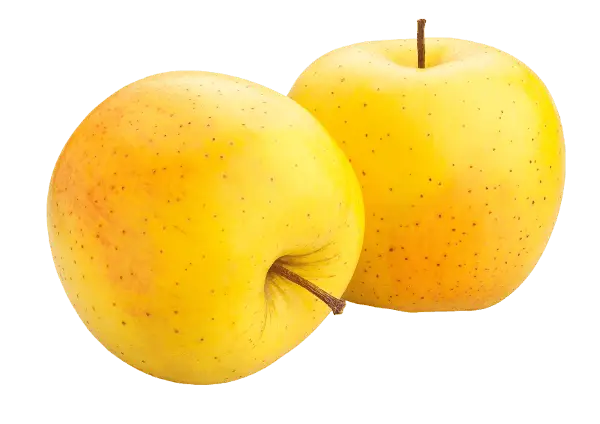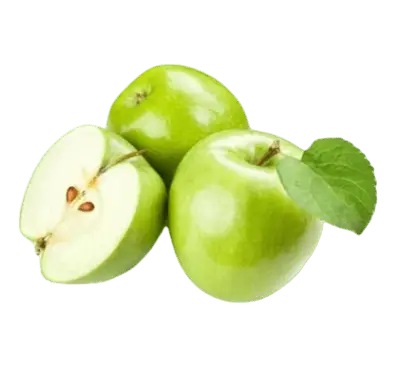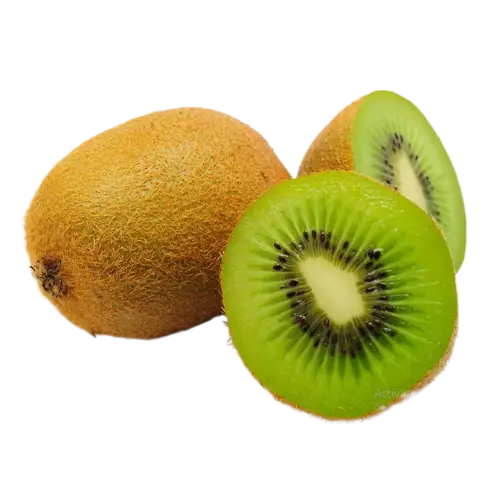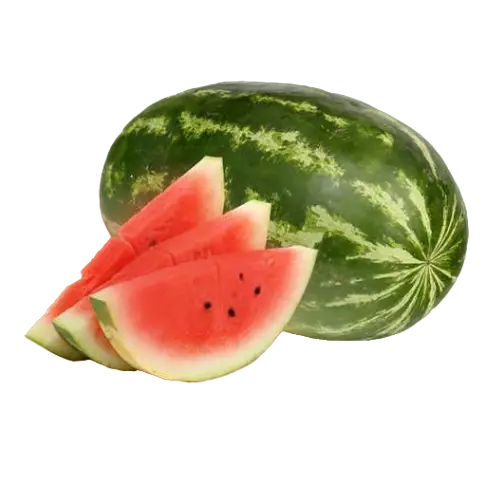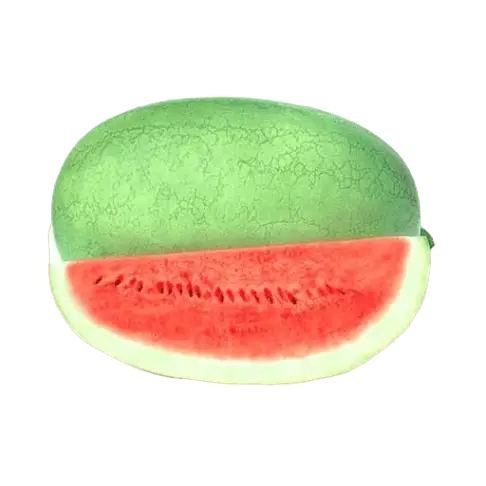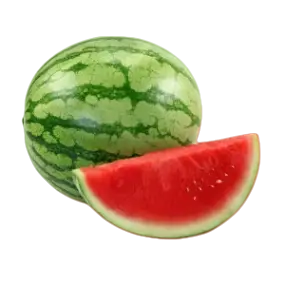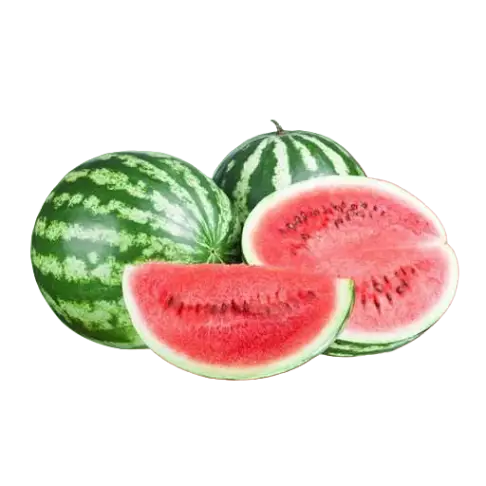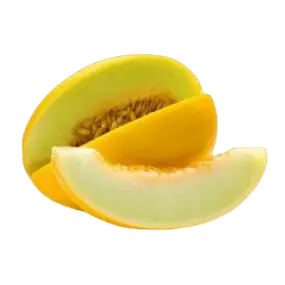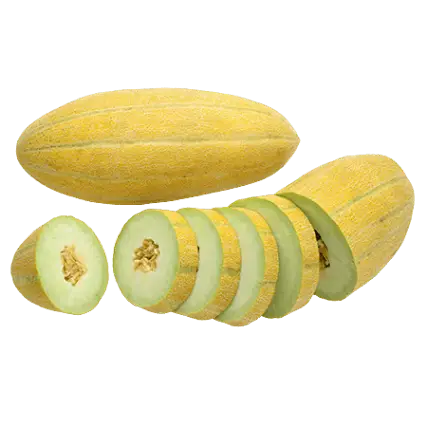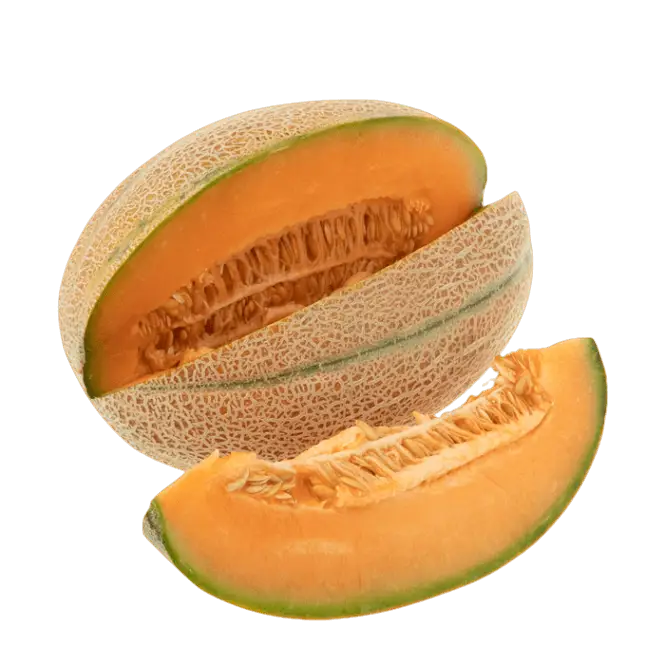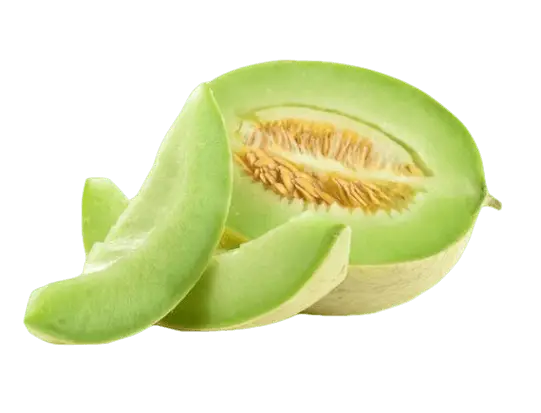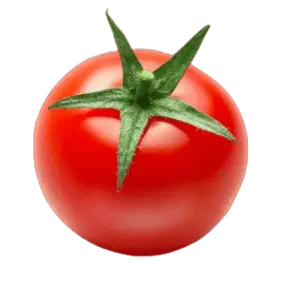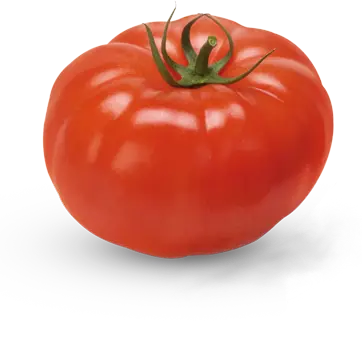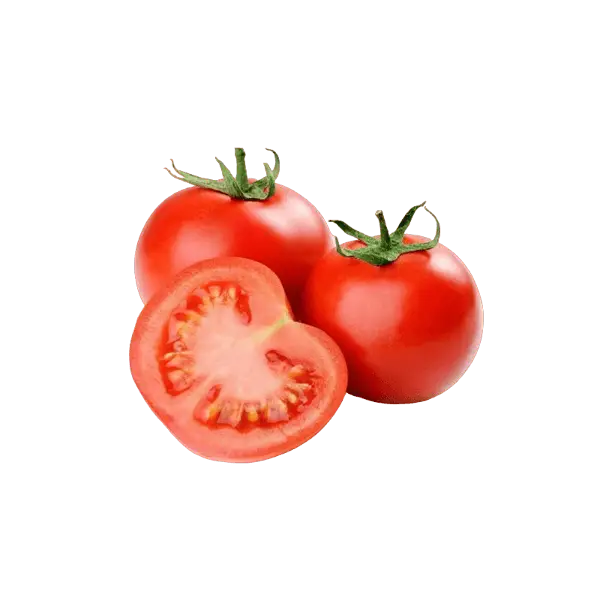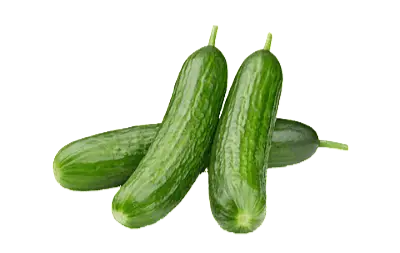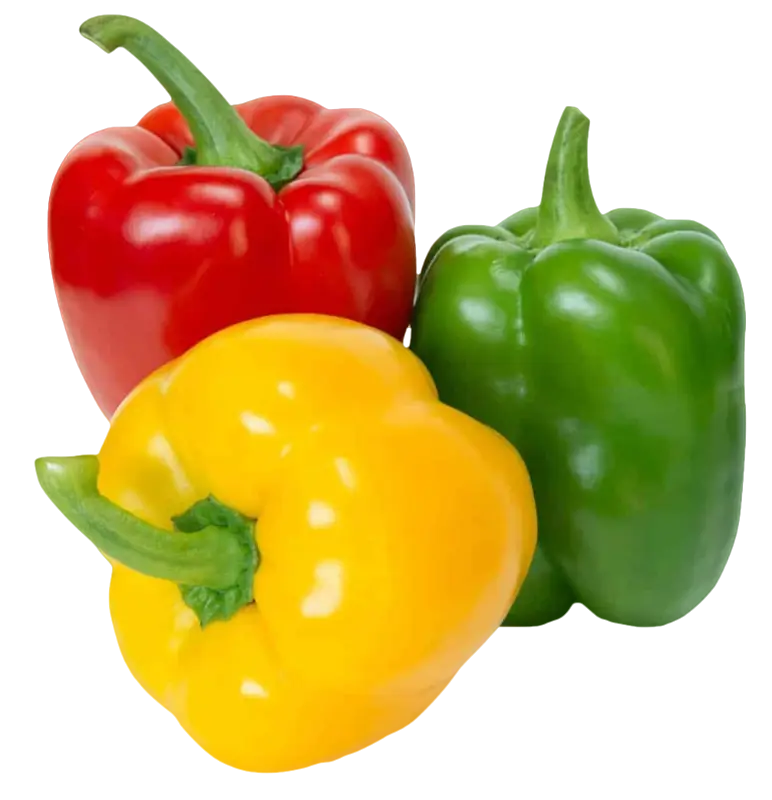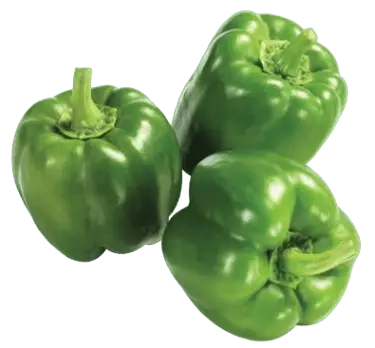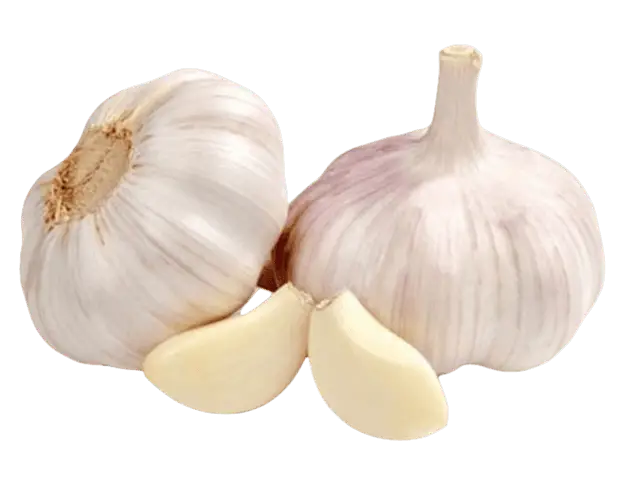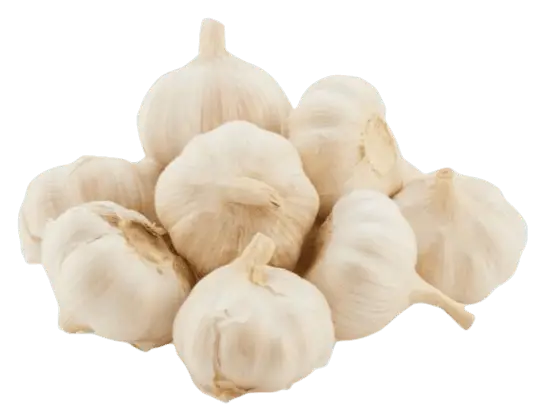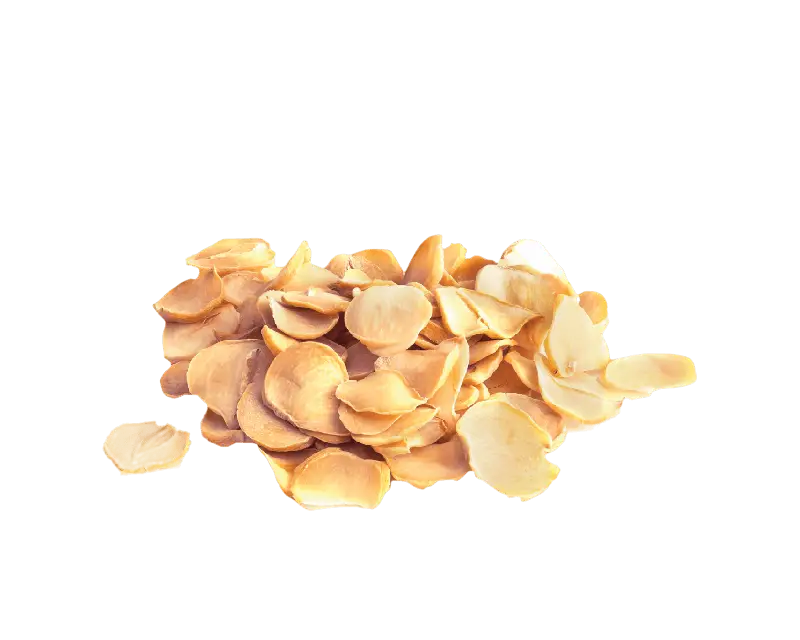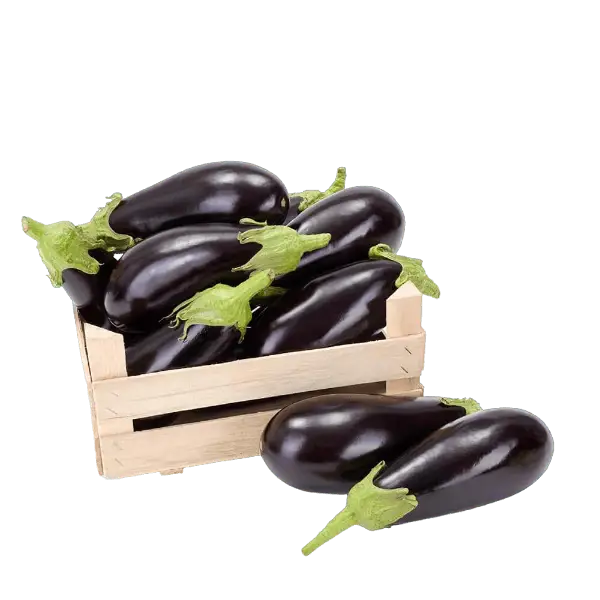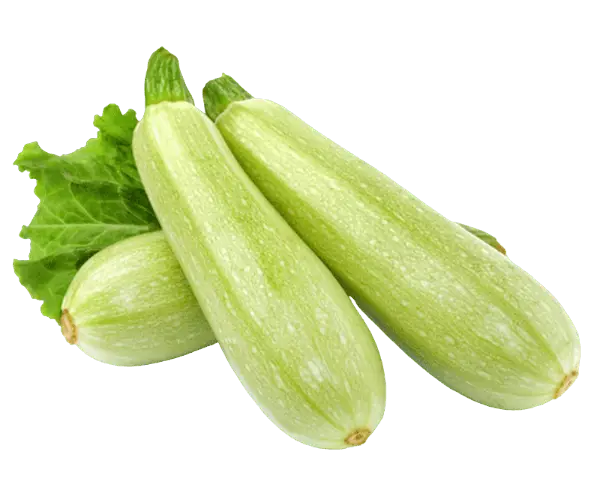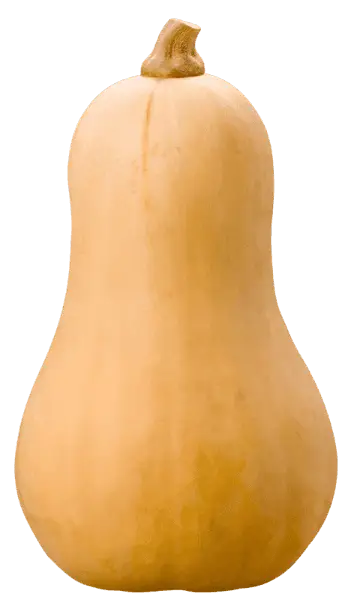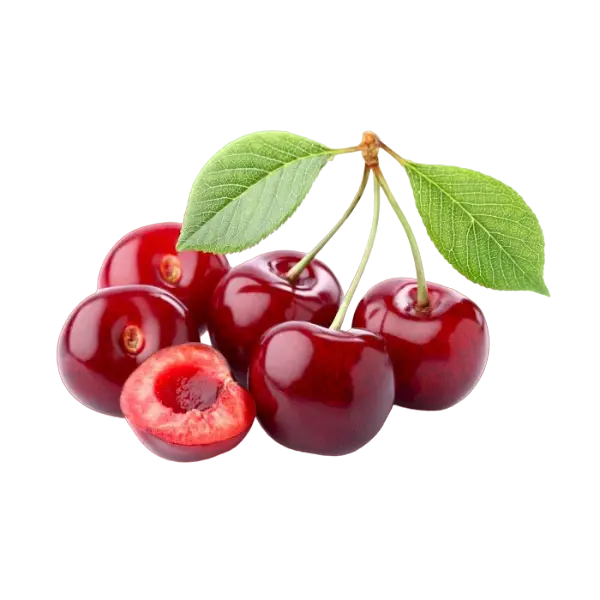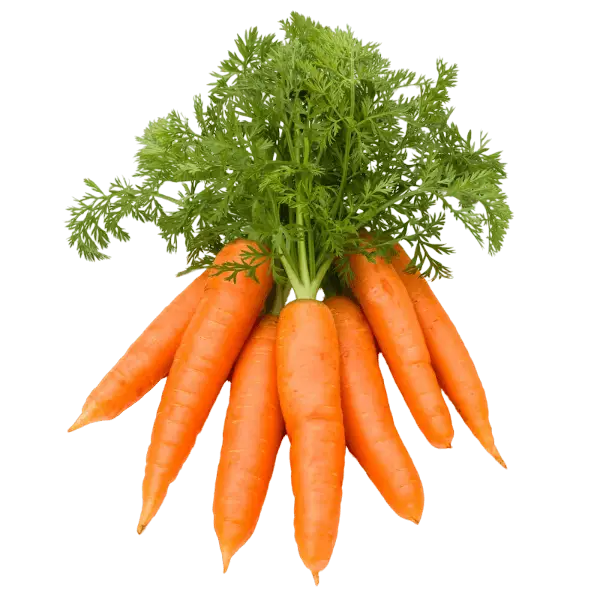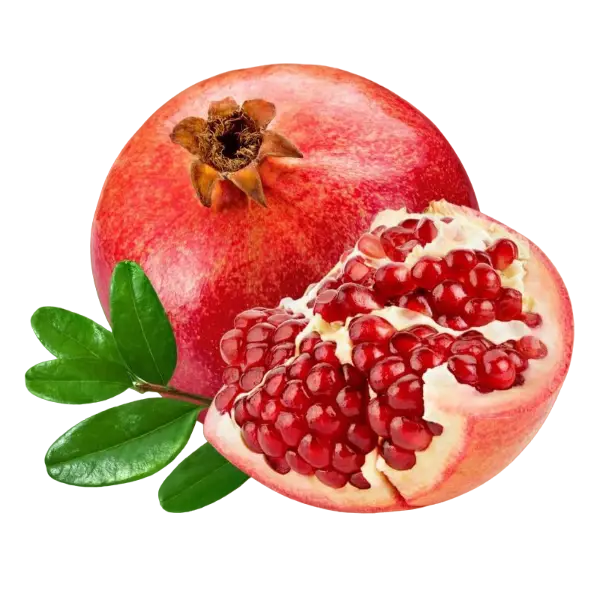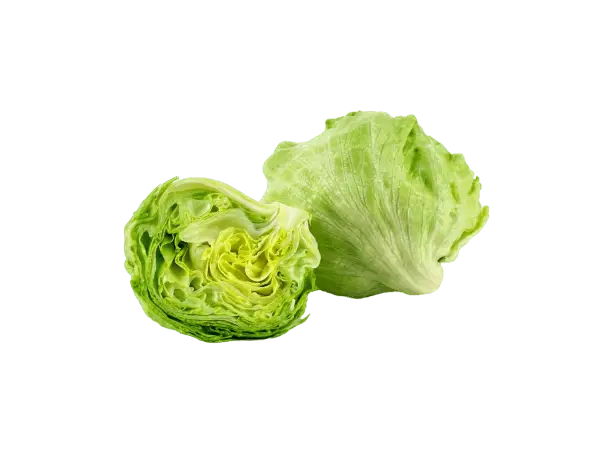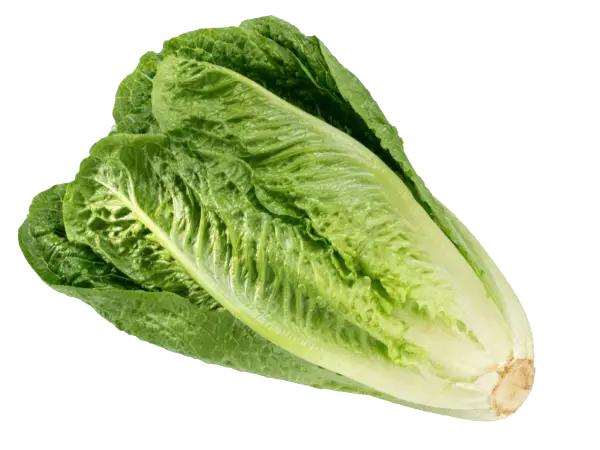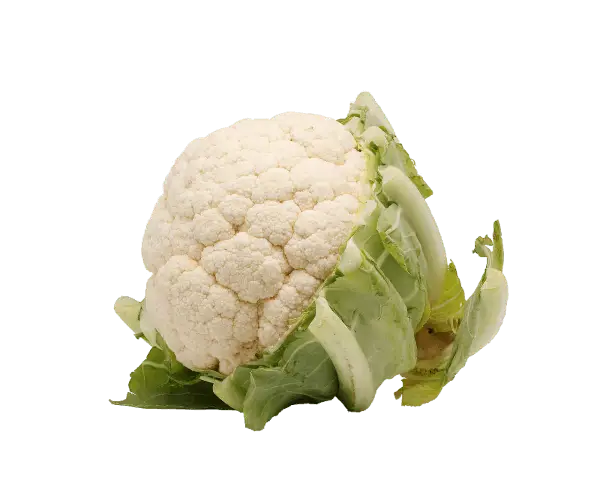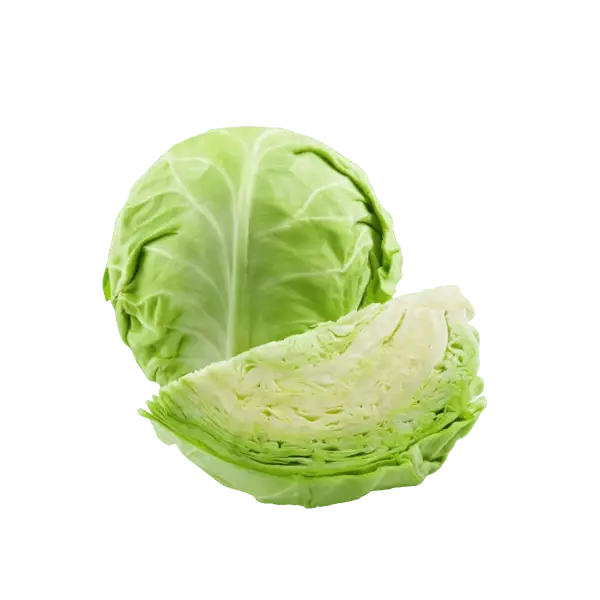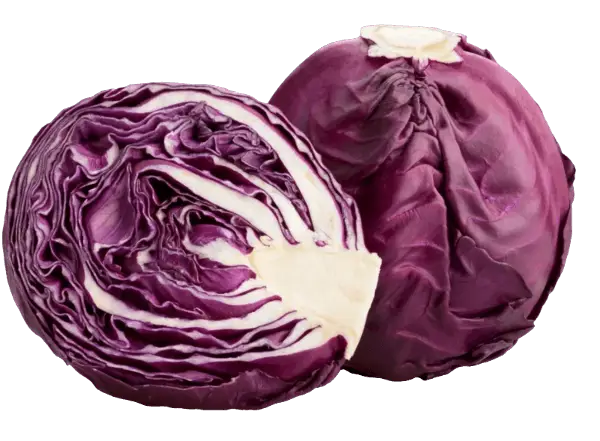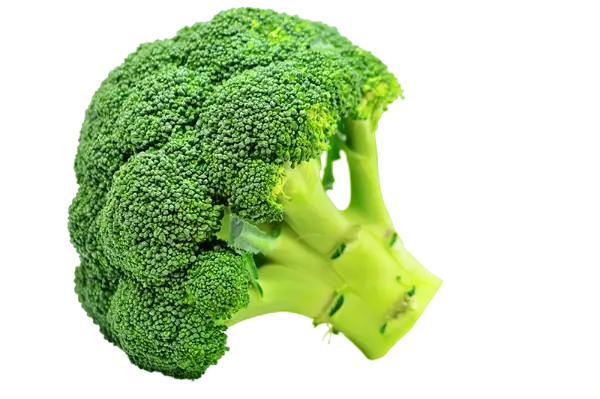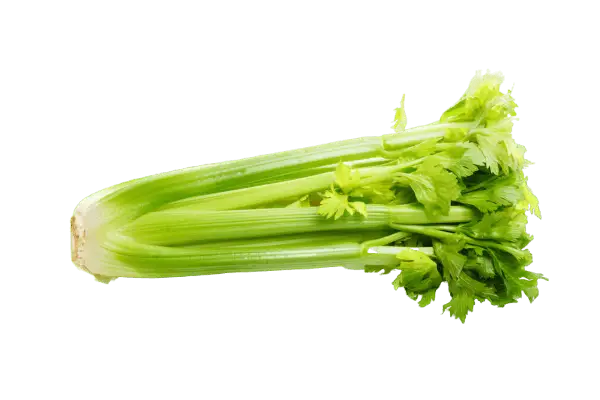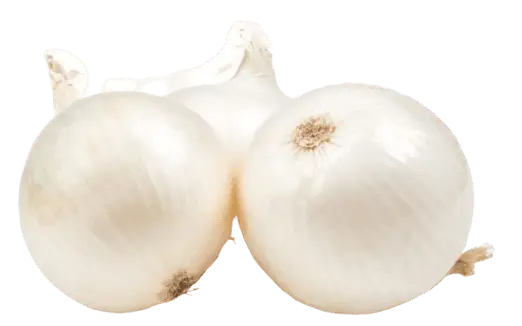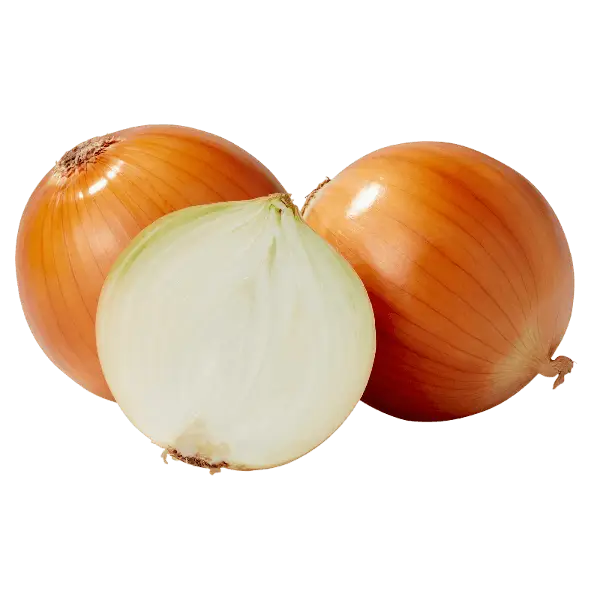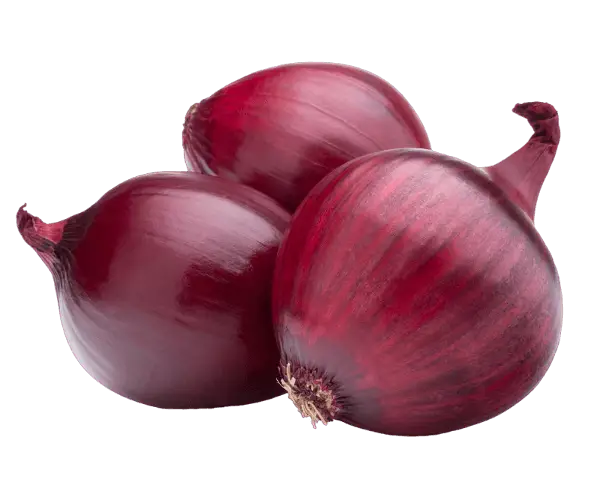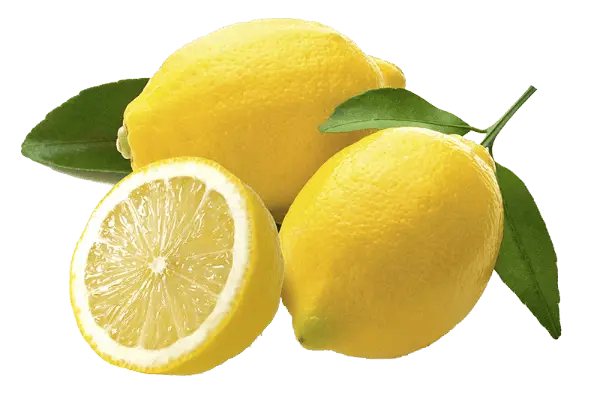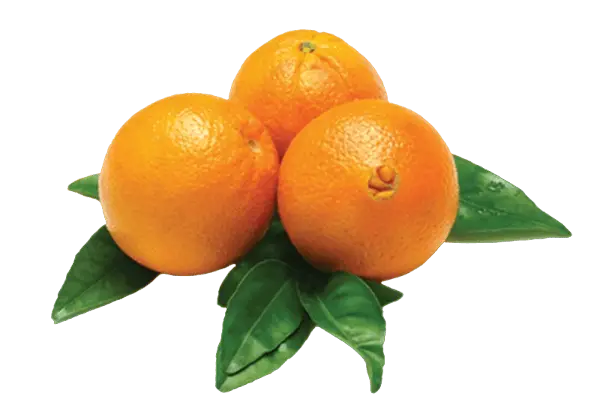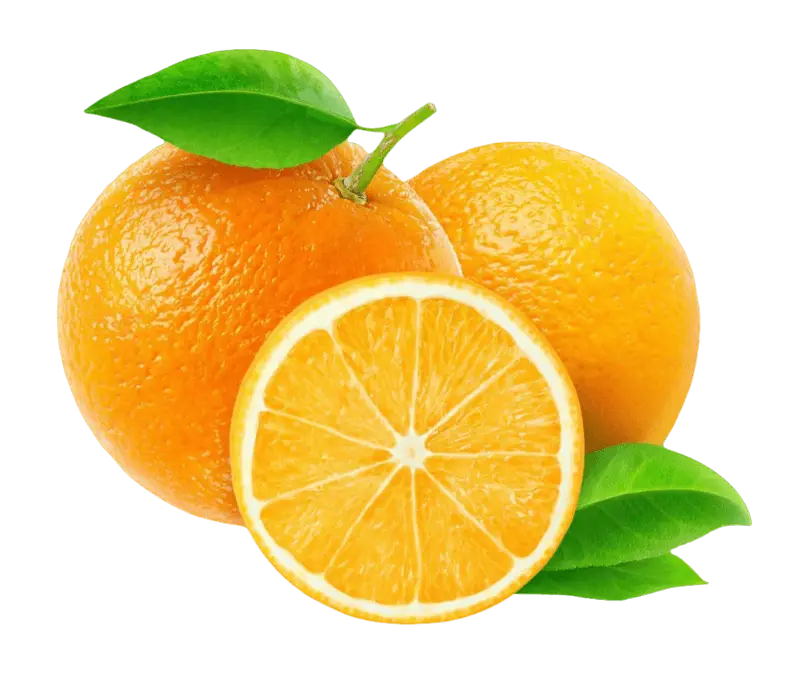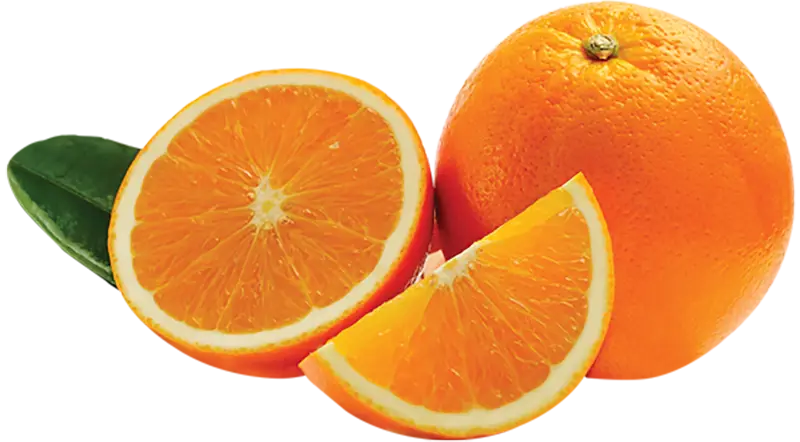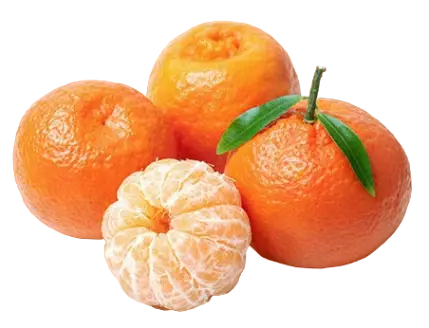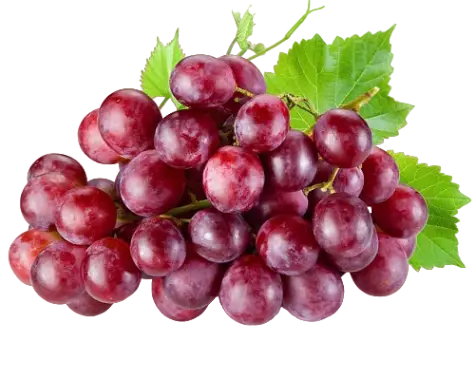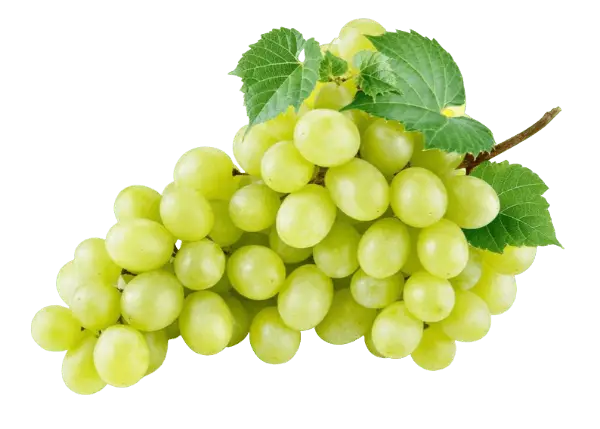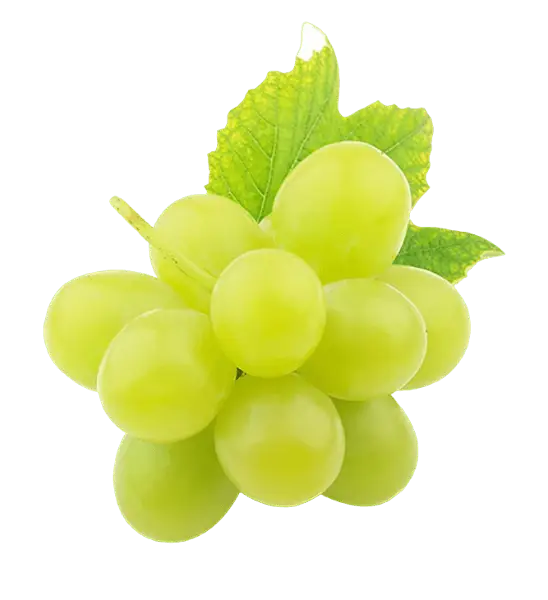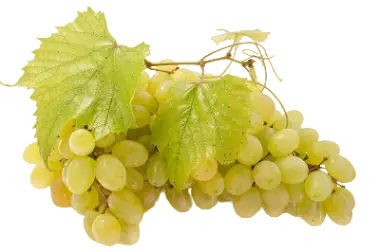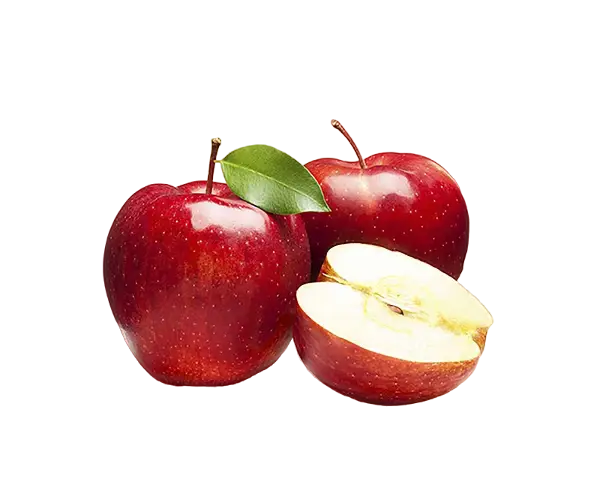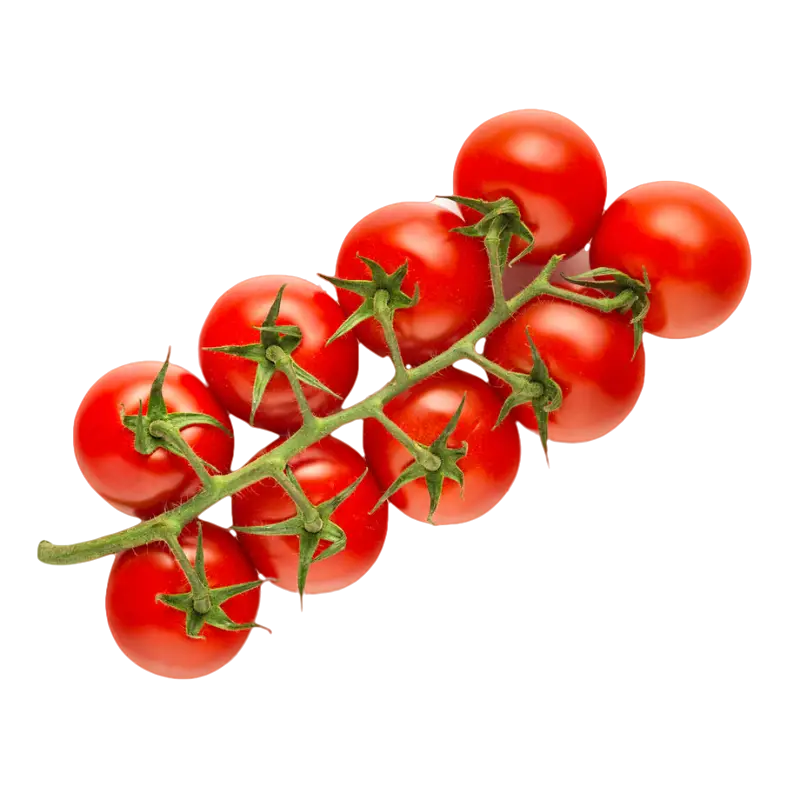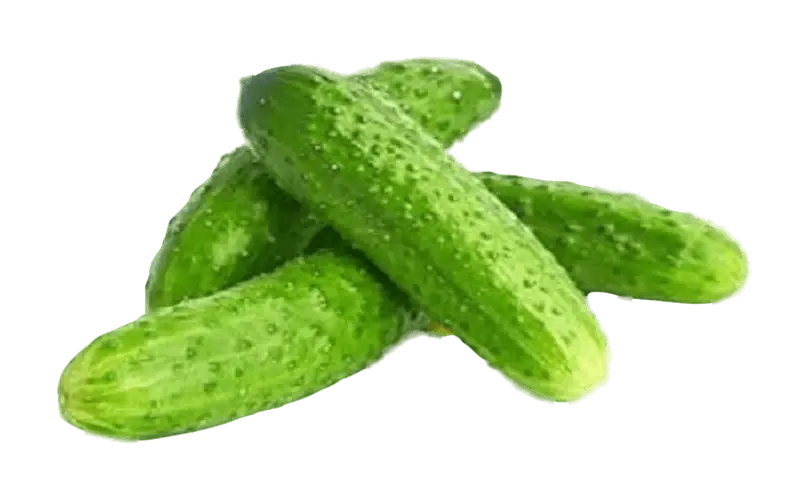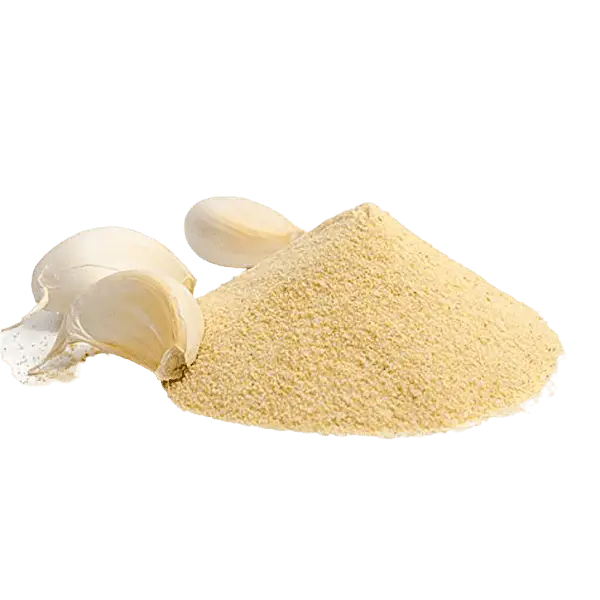Красное яблоко
Яблоко — это свежий фрукт яблони с научным названием Malus Domestica Borkh из семейства розовых (Rosaceae). Одним из самых важных экспортных фруктов Ирана является красное яблоко, которое выращивается и продается в разных городах Ирана. Сравнивая яблоки, производимые в таких городах, как Урмия, Мараге, Ошнави, Дамаванд, Семиром и других, можно отметить высокое качество этих продуктов, обусловленное климатическими условиями этих регионов. Основные рынки сбыта красного яблока: Индия, Россия, Катар, Объединенные Арабские Эмираты, Оман, Пакистан, Египет и Судан.
Хранение красного яблока в контролируемой атмосфере регулируется на основе трех факторов, объясненных ниже:
- Температура
- Относительная влажность
- Химический состав воздуха в хранилище
Используя этот метод хранения, снижается интенсивность метаболических процессов в плодах и замедляется процесс их созревания, при этом сохраняются питательная ценность и внешний вид для продажи, таким образом, увеличивается срок хранения фрукта. В результате уменьшения количества кислорода и увеличения содержания углекислого газа значительно замедляется рост патогенных микроорганизмов и появление физиологических заболеваний.
Product Technical Specifications:
Red Apple Technical Specifications | |||||
No. | Characteristics | Unit | Measurement Limit | ||
Excellent | Grade 1 | Grade 2 | |||
1 | Taste and Smell | Natural | Natural | Natural | |
2 | Russetting Levels on the Fruit | Network russetting | 3 areas of apple | 20 areas of apple | 50 areas of apple |
Spotted russetting | 1 areas of apple | 5 areas of apple | 33 areas of apple | ||
The total surface area damaged by both types of russetting | 3 areas of apple | 20 areas of apple | 50 areas of apple | ||
3 | Damaged Apples | Minor colorless spots (square centimeter) | 0.5 | 1 | 1 |
Other spots include hail repair spots (square centimeters) | 1 | 2.5 | |||
Apple black spots (square centimeter) | - | 0.25 | 1 | ||
4 | Cracking around stem area (repaired partially or completely) (centimeter) | - | 0.5 | 1 | |
5 | Maximum length of streak spots (centimeter) | - | 2 | 4 | |
6 | Size tolerance | In all grades, 10% of the fruits (in terms of number or weight) should not be more than the size written on the package, considering the uniformity. | |||
7 | Uniformity with diameter | The largest diameter difference between apples in a package should:
| |||
8 | Uniformity with weight | The biggest weight difference between apples in a package should be:
| |||
9 | Unacceptables | Live pest | |||
Pest infestation | |||||
Foreign material | |||||
Abnormal smell and taste | |||||
Damage caused by temperature changes (burns - frostbite) | |||||
Wrinkling | |||||
Abnormal external humidity | |||||
10 | Size | The size of the apple is determined by the diameter with the maximum transverse cut in each fruit or by its weight. For all cultivars and all three grades of apples, the minimum fruit diameter is 60 mm and the minimum fruit weight is 90 grams. | |||
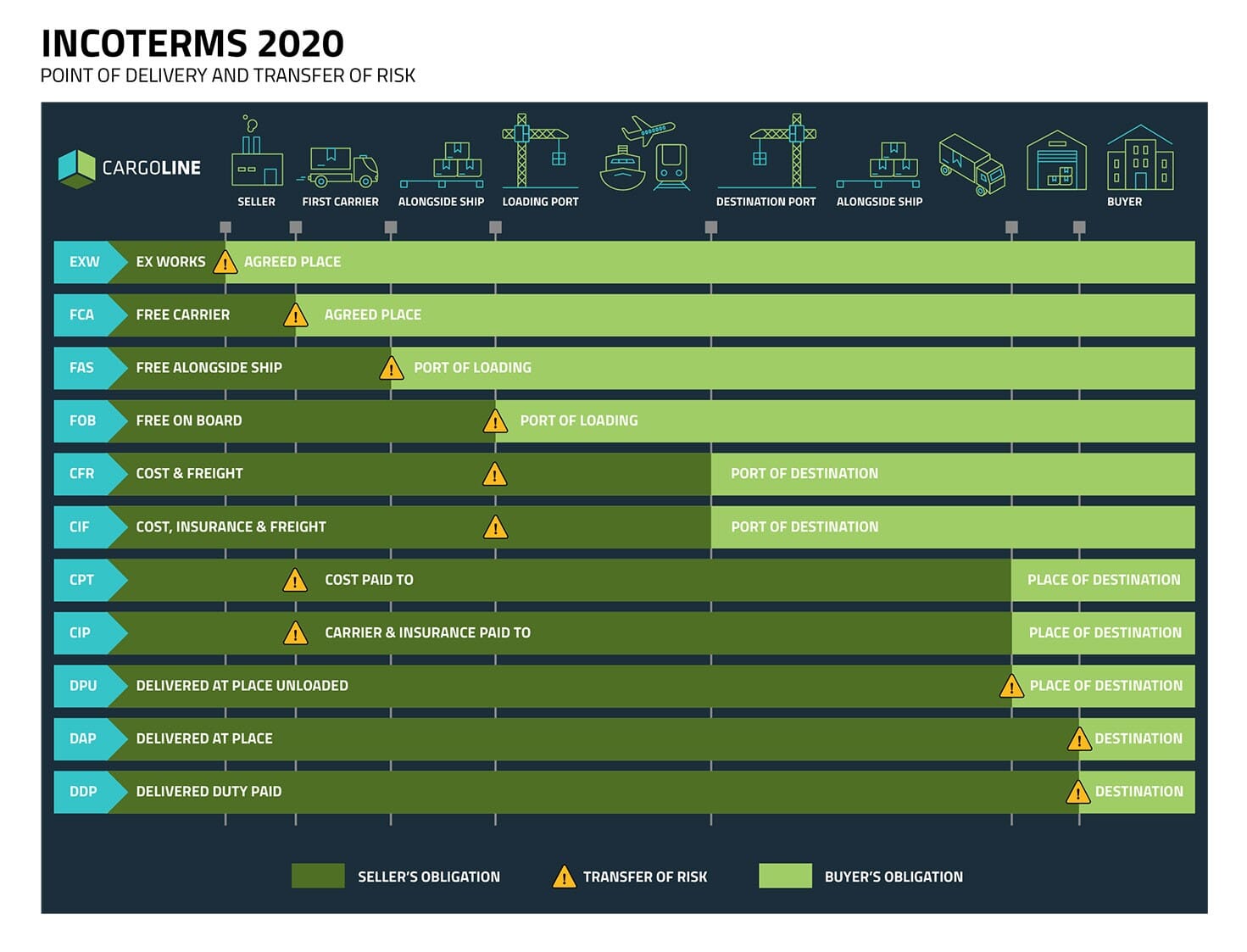
Maximum Limit of Heavy Metals:
Product Name | Maximum Tolerance of Heavy Metals (mg/kg) | ||||
Lead (Pb) | Cadmium (Cd) | Mercury (Hg) | Arsenic (As) | Tin (Sn) | |
Red Apple | 0.1 | - | - | - | - |
Nutrition Facts
| Serving Size | 100g |
|---|---|
| Calories | 52 |
| Total Fat 0.2g | 0% |
| Sodium 1mg | 0% |
| Total Carbohydrate 14g | 5% |
| Dietary Fiber 2.4g | 9% |
| Protein 0.3g | 1% |
| Iron 0.1mg | 1% |
| Calcium 6mg | 0% |
| Potassium 107mg | 2% |
| Serving Size | 100g |
|---|---|
| Calories | 52 |
| Total Fat 0.2g | 0% |
| Sodium 1mg | 0% |
| Total Carbohydrate 14g | 5% |
| Dietary Fiber 2.4g | 9% |
| Protein 0.3g | 1% |
| Iron 0.1mg | 1% |
| Calcium 6mg | 0% |
| Potassium 107mg | 2% |

